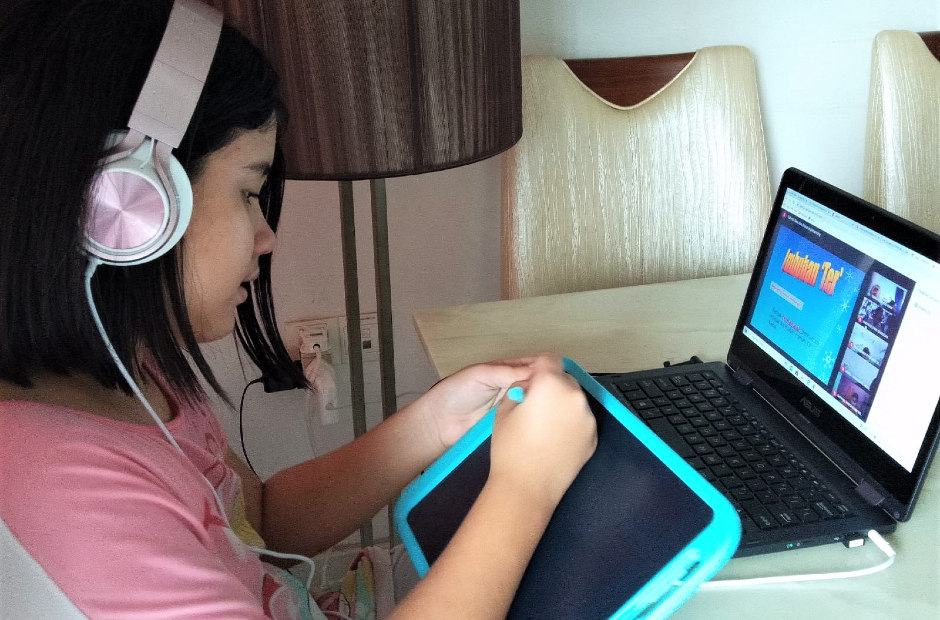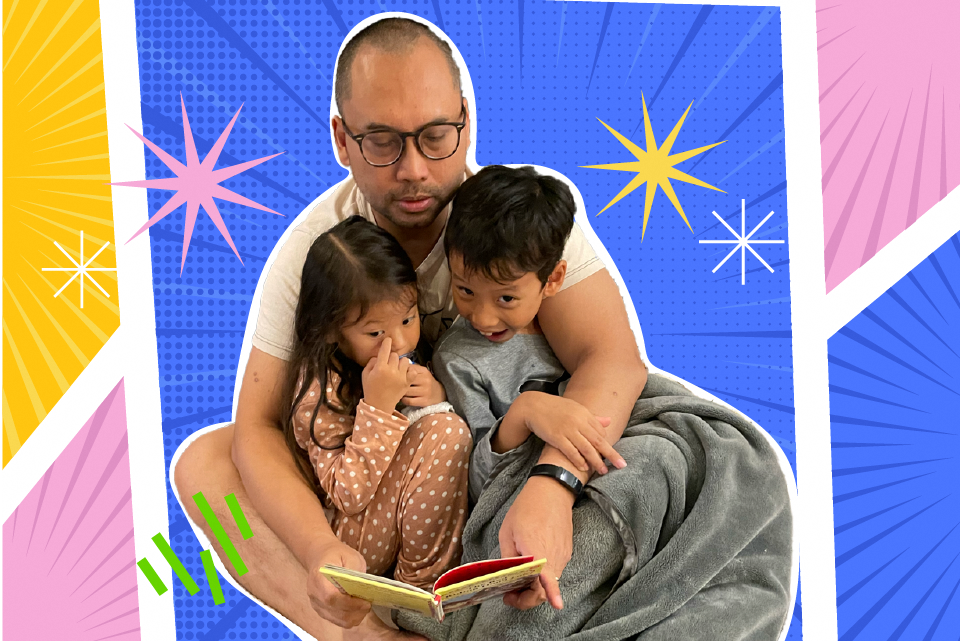Good grades lead to good jobs, and bad grades mean bad jobs? Not quite, observes Khairul Rusydi, co-founder of an education start-up where they train students from 14 – 24 to develop an entrepreneurial spirit.
With the world changing so rapidly, employers are increasingly looking beyond qualifications and are hiring based on skillsets, says Rusydi who is one such employer.
He evaluates potential employees based on their portfolio of work or ideas, experience and character, carefully evaluating them during job interviews. Academic results, he insists, are of minimal consideration.
For students, this means going beyond grades to build up a portfolio of work through internships or even taking part in business competitions and hackathons that will bolster their resumes, shares Rusydi who also teaches youths how to better prepare for the workforce.
Rusydi, who was previously working in SPRING Singapore (now Enterprise Singapore), felt students and parents need to undergo a mindset shift, notes the employee turned entrepreneur who wants to share his entrepreneurial streak with students – not just to start a business but also to inculcate a more derring-do spirit.
Takes risks and fail, no problem. Just try again, he urges.
Stepping out of comfort zones
The seeming lack of attention paid to nurturing such an entrepreneurial attitude in youths was the motivation behind the creation of his start-up.
When he started work at SPRING Singapore (now Enterprise Singapore), Rusydi’s work focused on human capital and business development where he helped companies identify their strengths and weaknesses.
Ironically, his work also led him to find his calling to help young entrepreneurs achieve their goals.
Not everyone was supportive of his decision to leave a stable career, and take a leap into the unknown. He had to persuade his mother who was apprehensive of his career move to help students find their inner entrepreneur.
“I told my mum that it’s not really a matter of a push thing – there’s nothing wrong with what he was doing at that time, having a stable job,” he shares.
“It’s more of a pull thing. I wanted to get students to work on real issues from poverty to food depletion to changing consumer behaviour. And I felt the best way was through a start-up,” he explains.
What youths need to learn
Today, he is putting his plan into action through programmes and workshops. Covering topics from entrepreneurial exploration to developing business plans, young aspiring entrepreneurs will be able to exercise their creative minds.
“The thing about entrepreneurship education is that it is not meant to replace standardised testing, but to complement current school curriculum,” he notes. “How do you get students to use divergent thinking to solve problems in a very different way? How do you get them to be resourceful?”
He shares about “causal” reasoning as compared to “affective” reasoning. The former is a framework that many students are familiar with. Their goal is to achieve good grades, and they know how to work at reaching their target. This is not necessarily a bad thing, as it is important to set and meet targets.
But “affective” reasoning, he notes, has more relevance in the workplace. Under this framework, there are no hard and fast goals. Instead, expect contingencies along the way which calls for “adaptability and fluid intelligence” to resolve such unplanned circumstances.
“In reality, there are no ‘Ten Year Series’ answers and no one right answer,” he says, adding that some students do not have the skills to deal with such ambiguities – which is essentially what life and work is all about.
He aims to equip students with these essential and enterprising skills that will help them gain career success.
What Rusydi is doing at his start-up is now developed in schools too. There are more opportunities for students to learn in an authentic business setting where they will be able to apply their knowledge, critical thinking, and decision making skills to solve practical challenges.
Through initiatives such as Applied Learning Programmes (ALPs), students get to participate in real-world activities from product design to marketing, enabling them to exercise their creativity, perseverance and resourcefulness.
Roping in parents
While youths embrace a new outlook, parents also have a role to play.
First, you must encourage your children to develop a “bias to action” – a trait that separates mediocre and exceptional entrepreneurs, and is valuable in the workforce, says Rusydi.
To do this, parents should constantly challenge their children to think creatively, rather than just spoon-feeding and smoothening the pathways for them.
For example, when a child complains, ask them to find a solution to the problem. “Most Singaporean students just complain and stop there,” he says, adding that children need to learn to take action to solve the problem first, instead of being hindered by the thought of facing the consequences.
“They need to learn how to ask for forgiveness rather than permission,” he says.
Another way parents can challenge their children is teaching them the value of money. When they ask for cash, avoid disagreeing immediately or mindlessly giving it to them. Instead, get them to think of ways to earn the keep, as this will teach them to be resourceful and fosters a problem-solving attitude to overcome obstacles.
Second, get your child to read long-form content early. This trains their ability to read through, digest and comprehend a larger set of information – a particularly important skill in this digital age where youths tend to consume short-form information on social media.
This digital trend, he says, leads to short attention span as well as an inability to piece ideas together, impeding comprehension of broader issues in the long run. The vast reservoir of content on the Internet also has the potential to erode children’s ability to process and absorb information, as they end up skimming through articles rather than reading through an entire article before moving on to the next piece.
All this poses a problem when they enter the workforce. “If you’re not able to read long-form, you won’t be able to stitch ideas together in a coherent way,” he says. “To develop an idea further, you must have the discipline to read a piece of content all the way till the end.”
Third, provide children with career guidance to choose their future occupation. “Parents should get their children to try new experiences,” he stresses.
“If they are interested in consulting, go for consulting internships, see if they like it or not. They’ve got to learn by doing, and if they say consulting is not really for me, then move onto the next thing that they might be keen on,” he says.
Beyond the academics, it is also important for students to develop their portfolios at an early stage so that they will be well equipped to take on future jobs.
Besides encouraging students to take up internships, Rusydi also urges them to attend start-up exhibitions and participate in programmes or training that can help develop their entrepreneurial qualities.
“We encourage students to take part in business competitions to build up their portfolios. Thereafter, they can take their ideas further and pursue them with support from their school’s entrepreneurship clubs or incubators,” he notes.
This is all part of cultivating an entrepreneurial mindset, where grit matters more than grades.



.jpg)


